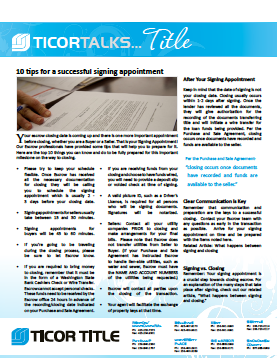 Teresa V., REO escrow department manager for one of our sister branches, was working on a purchase transaction for another escrow officer who was out on vacation. The sale price was $325,000 with a new loan in the amount of $292,500. The buyer’s loan package had arrived and Teresa was inputting the lender fees — which was not an easy task given the lender redrew the loan documents five times!
Teresa V., REO escrow department manager for one of our sister branches, was working on a purchase transaction for another escrow officer who was out on vacation. The sale price was $325,000 with a new loan in the amount of $292,500. The buyer’s loan package had arrived and Teresa was inputting the lender fees — which was not an easy task given the lender redrew the loan documents five times!
A referral fee to the buyer? Or was it mere coincidence…
After the borrower signed the documents, Teresa started preparing the file to be disbursed. Teresa reviewed the Commission Disbursement Authorization from the selling broker. On the form, it directed the settlement agent to send a referral fee to Sunset Real Estate Attn: C. Smith. The buyer’s name in the transaction was Cindy Smith. Teresa thought it could not be a coincidence the buyer’s name and the referral fee payee’s name matched.
Teresa reviewed the lender’s instructions to verify no credit was supposed to be paid by the selling broker to the buyer at closing. She then looked at the loan application to see where the buyer was employed. The buyer’s loan application indicated she was employed at JetCity. Whew! Smith was not employed at Sunset Real Estate after all. Smith is a common name, Teresa did not give it another thought. She continued working on the file without further questioning the payment of the referral fee.
A connection is discovered
Once the file was balanced and ready for disbursement, Teresa handed the file off to Shelley W., an escrow assistant. Shelley reviewed the file and brought it back to Teresa when she discovered the same likeness between the buyer’s name and the referral fee payee’s name at Sunset Real Estate.
Shelley found email correspondence in the file from the buyer. Most of the emails were generated from the buyer’s personal email account, but there was one email the buyer sent to Shelley months ago with a signature block that showed her as a real estate agent from Sunset Real Estate!
Was the disbursement approved?
Together Shelley and Teresa emailed the lender the Commission Disbursement Authorization reflecting a disbursement to Sunset Real Estate, to the attention of C. Smith in the amount of $5,875 and asked if the payment was approved by the lender.
The lender did not approve the payment and insisted Teresa close the loan and pay 100% of the commission to the selling broker without payment of the referral fee, which she did. Shelley notified the broker the referral fee would not be paid at closing.
Moral of the story
Funds paid to or on behalf of a borrower by the seller, real estate agent, mortgage broker or anyone else must all be reflected on the settlement statement and approved by the lender prior to closing.
Had the disbursement been made back to the borrower and later the loan went into default, the lender could have made a claim against the Company’s closing protection letter and/or title insurance policy for allowing funds to be paid to the borrower without their knowledge.
“Funds paid to or on behalf of a borrower by the seller, real estate agent, mortgage broker or anyone else must all be reflected on the settlement statement and approved by the lender prior to closing.”
Additionally, this same type of payment could invalidate a short pay approval letter. Had this transaction been a short sale, the Company could have been in double jeopardy by being responsible for any unpaid balance to the short pay lender and the new lender. If the short pay lender rescinds their short pay approval they can also refuse to release their lien. Since we would have insured the new lender in first lien position, they would have reason to file a claim against their policy as well.
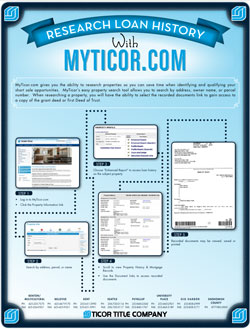
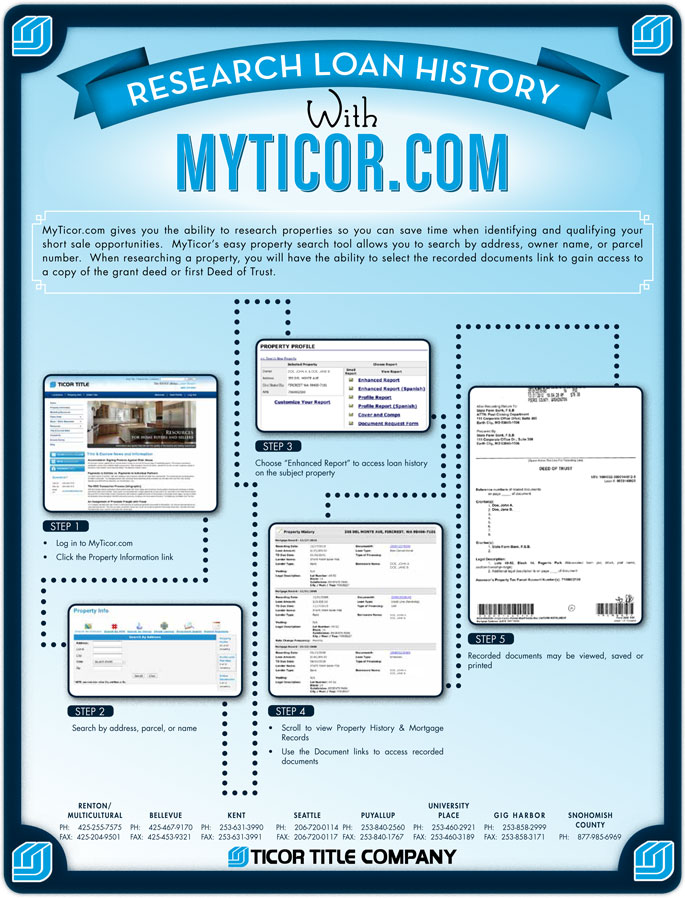



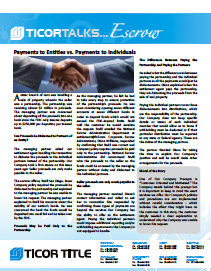
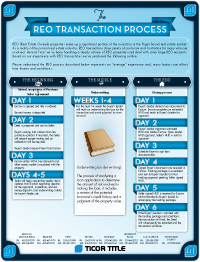
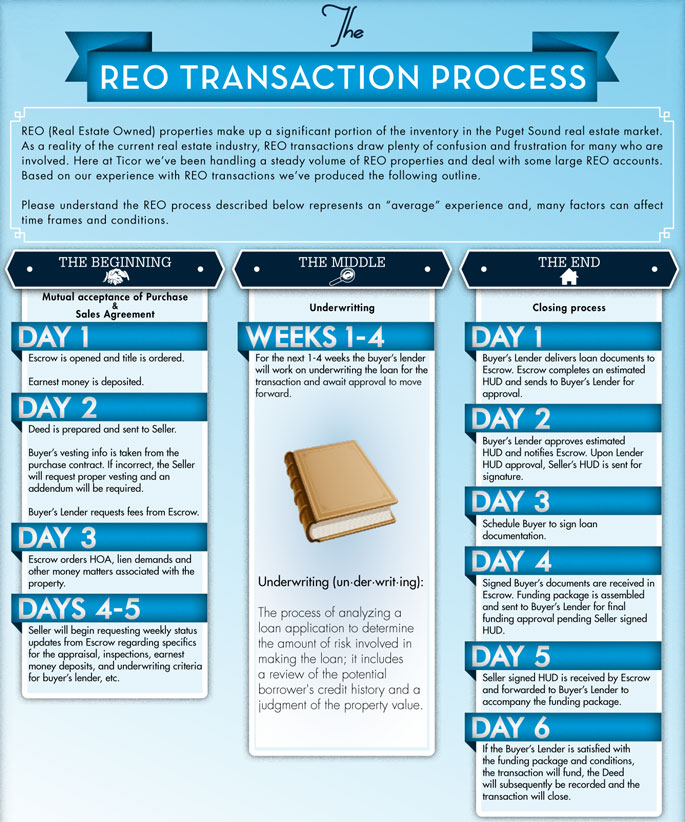
 The transaction was a loan for a borrower who owned their property free and clear. The property was located in the state of Washington, but the borrower lived in California. The transaction was being handled by an escrow officer in Washington, who arranged for an approved notary to meet with the borrowers in California to execute the loan documents.
The transaction was a loan for a borrower who owned their property free and clear. The property was located in the state of Washington, but the borrower lived in California. The transaction was being handled by an escrow officer in Washington, who arranged for an approved notary to meet with the borrowers in California to execute the loan documents.
